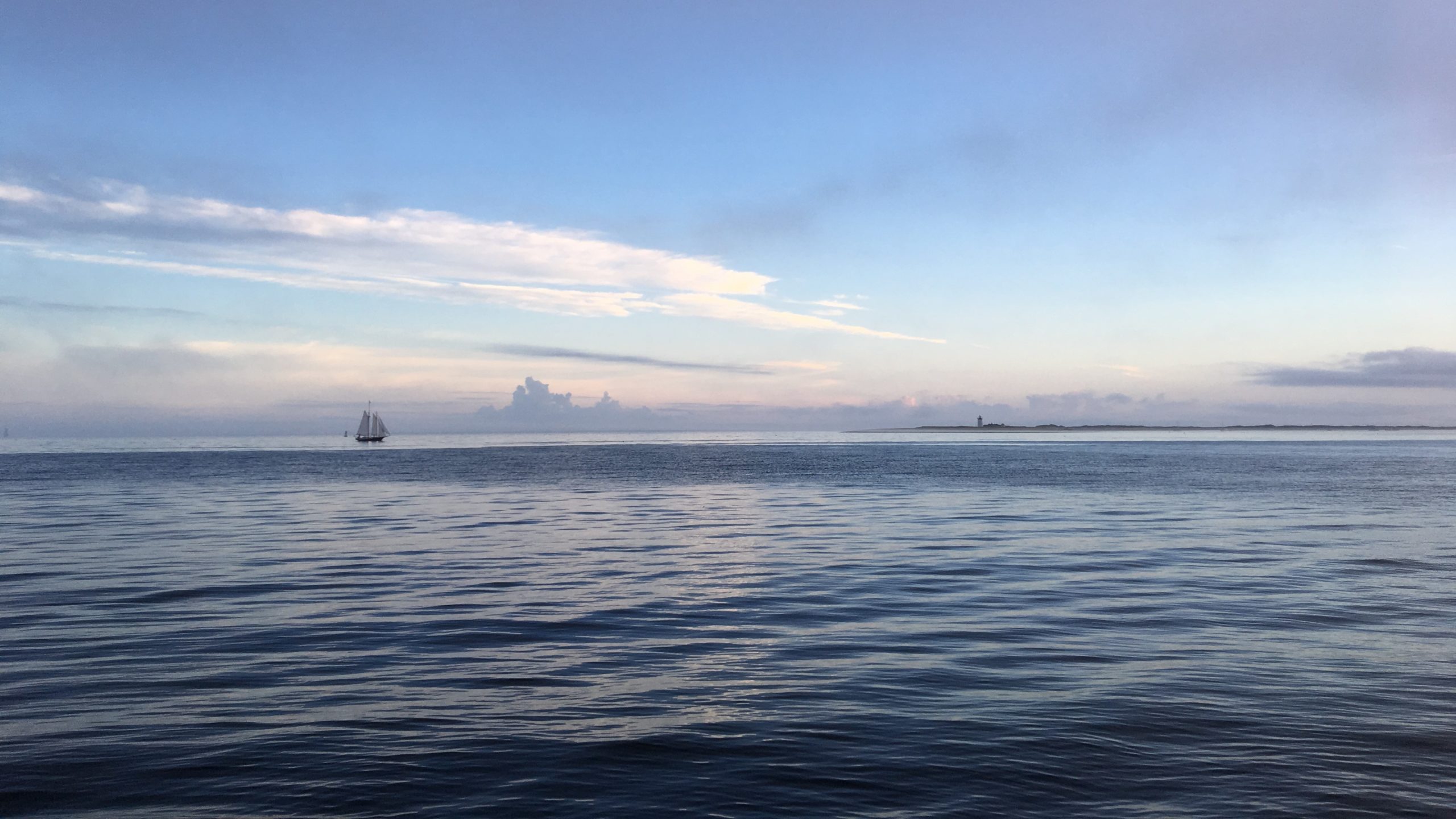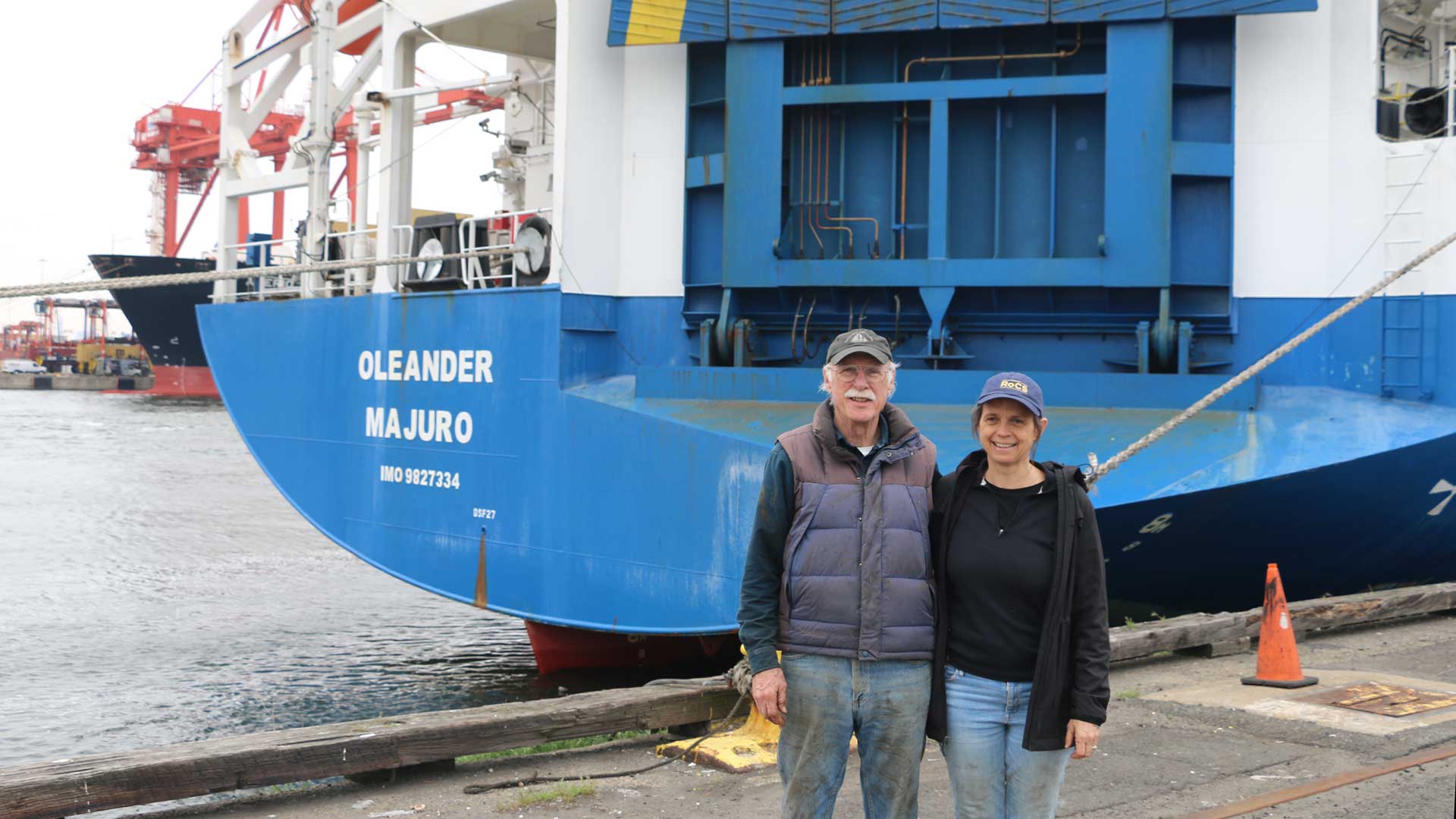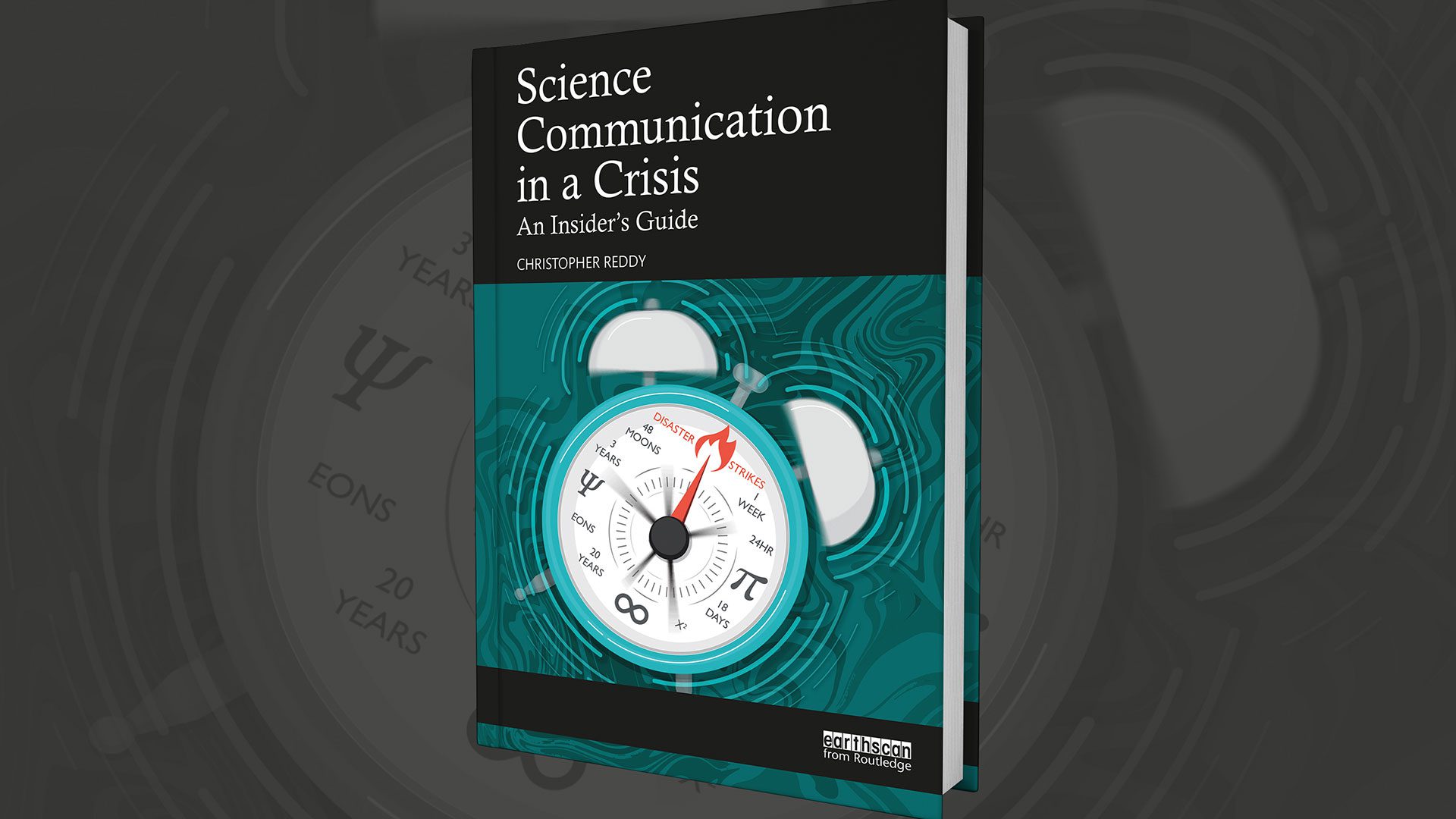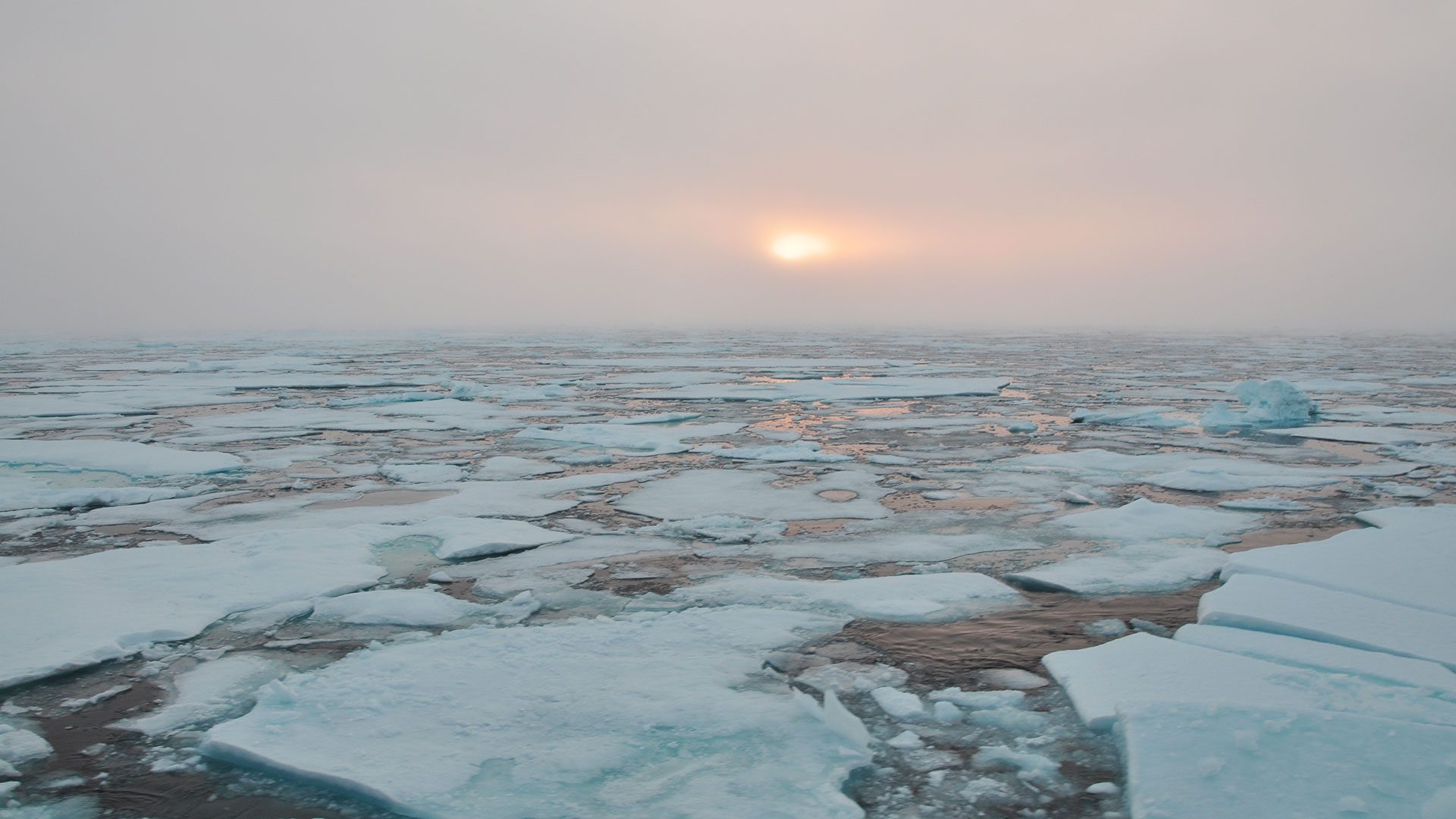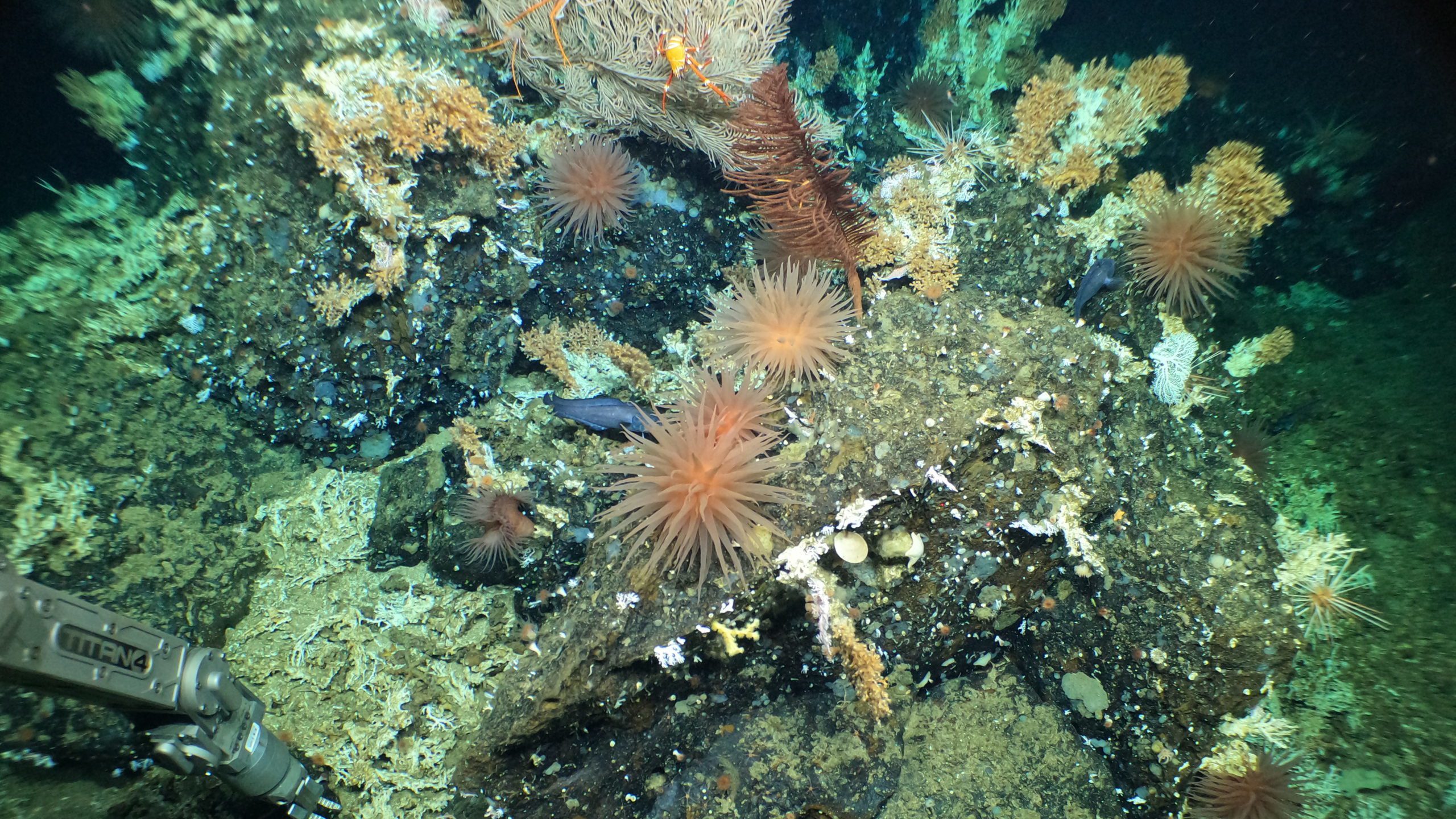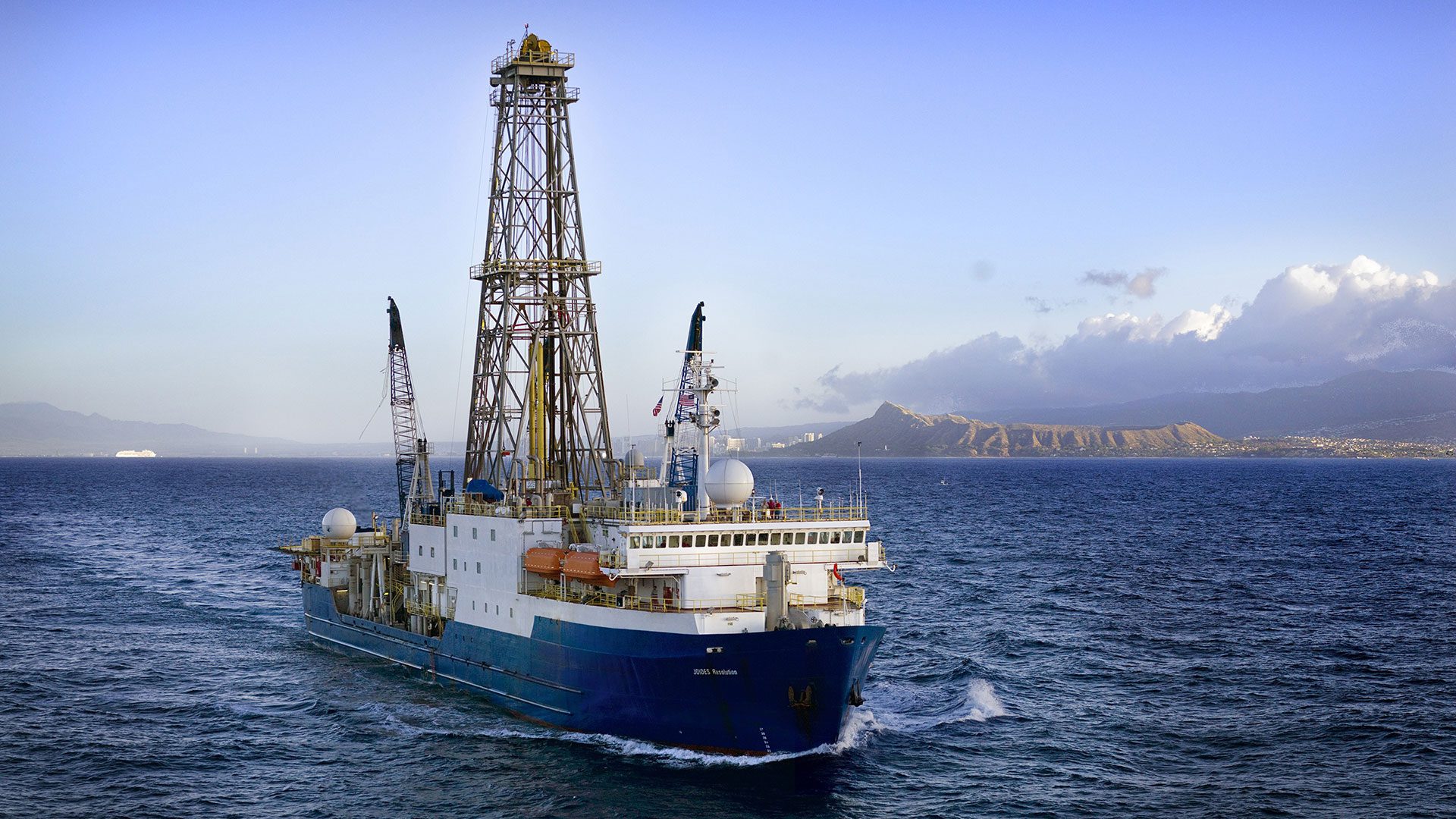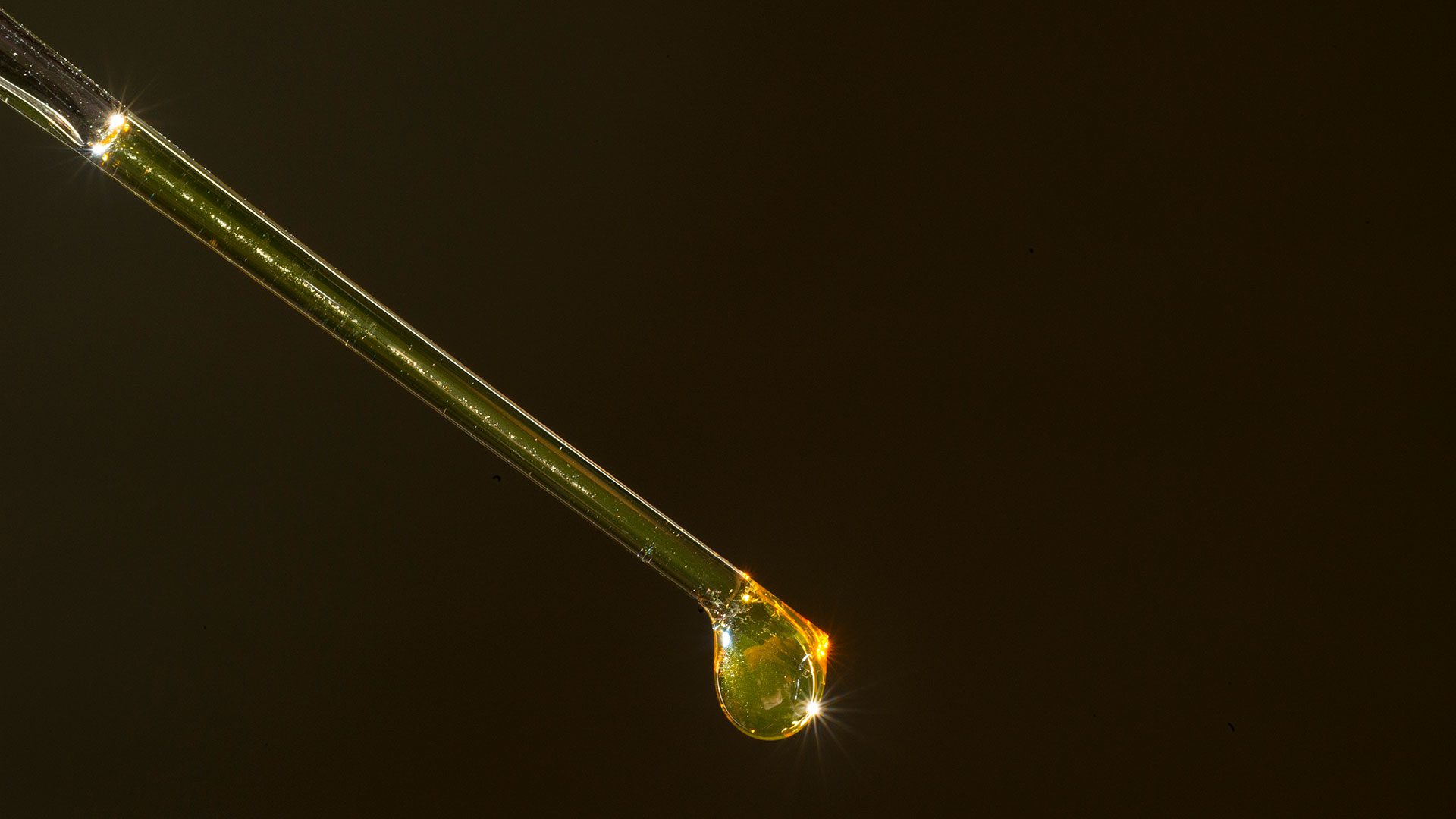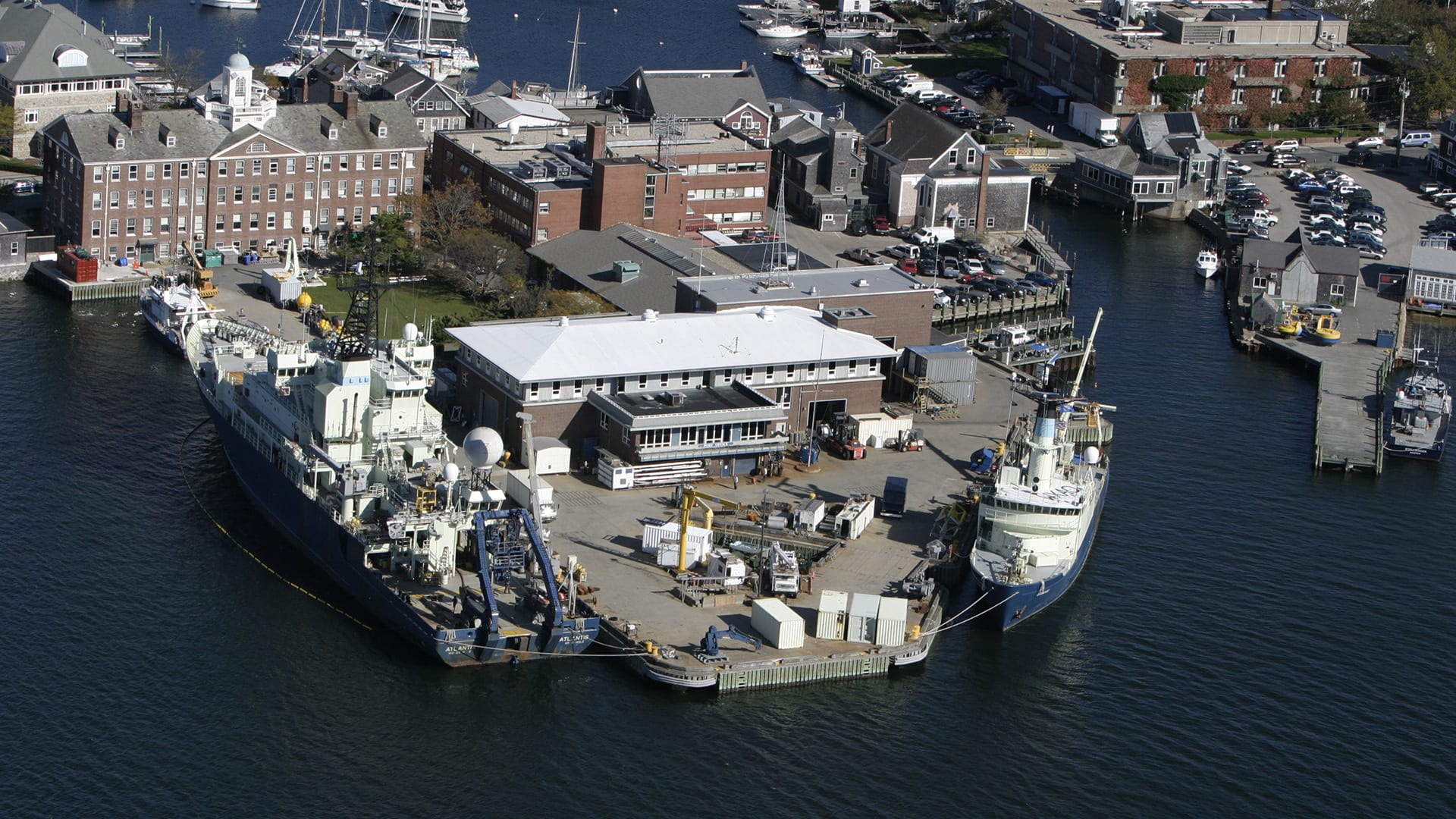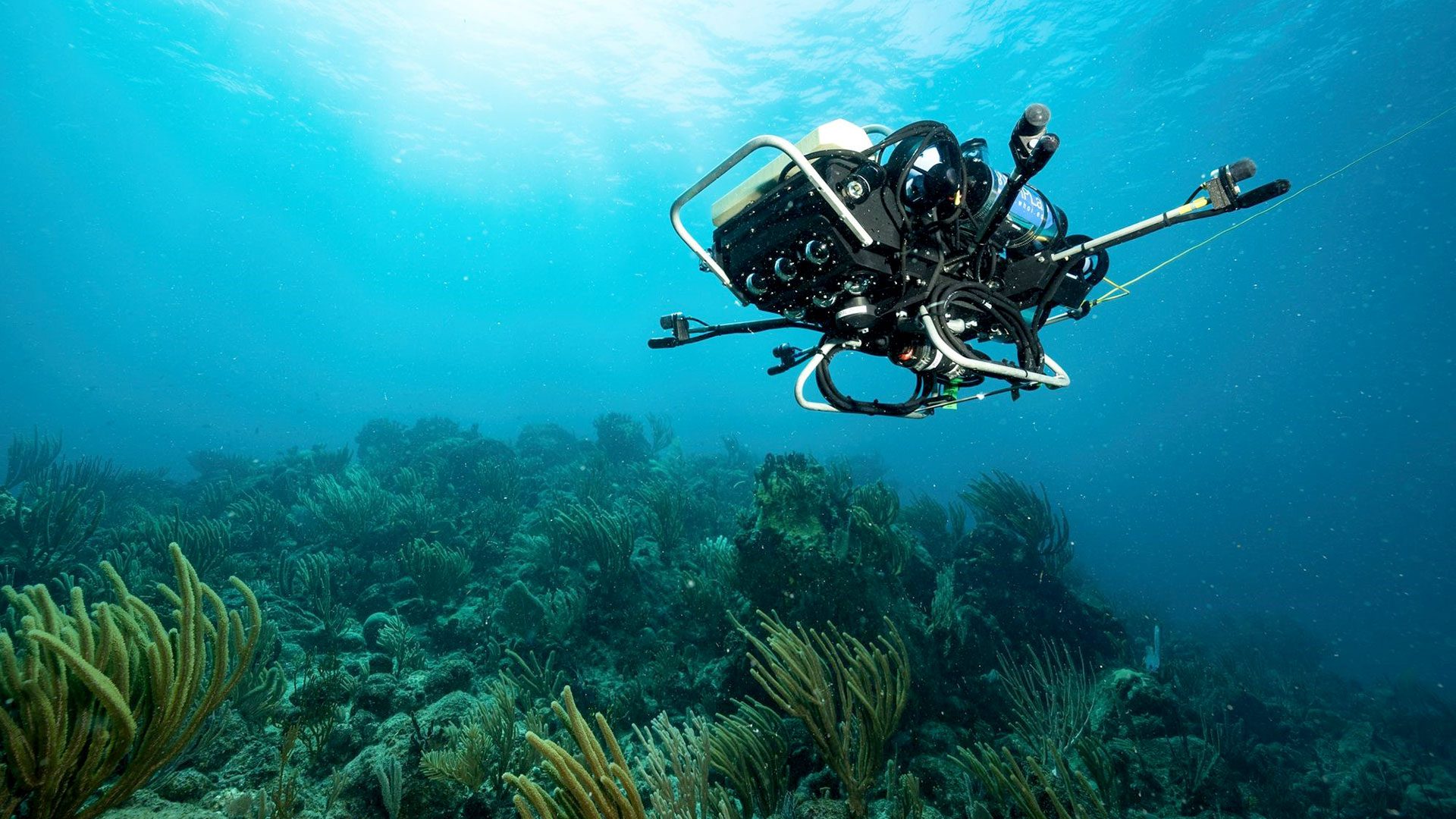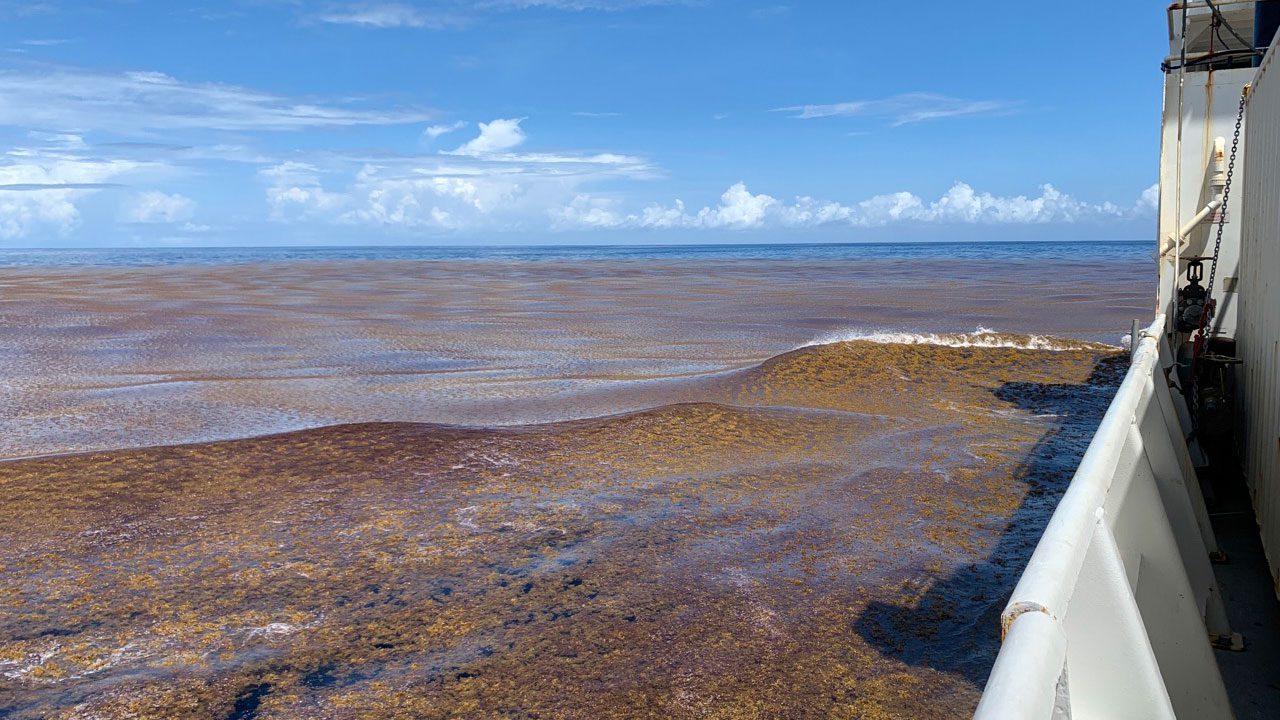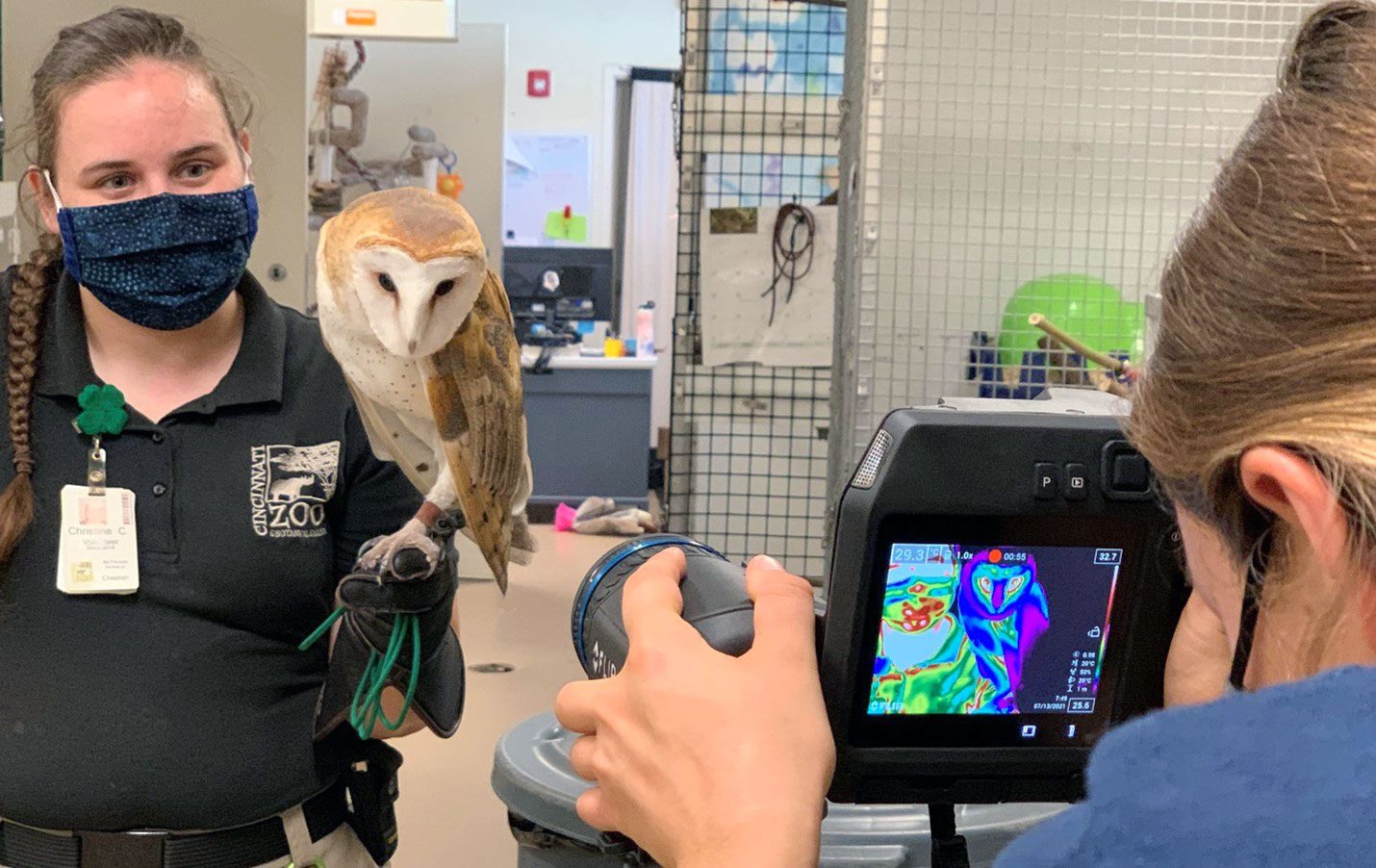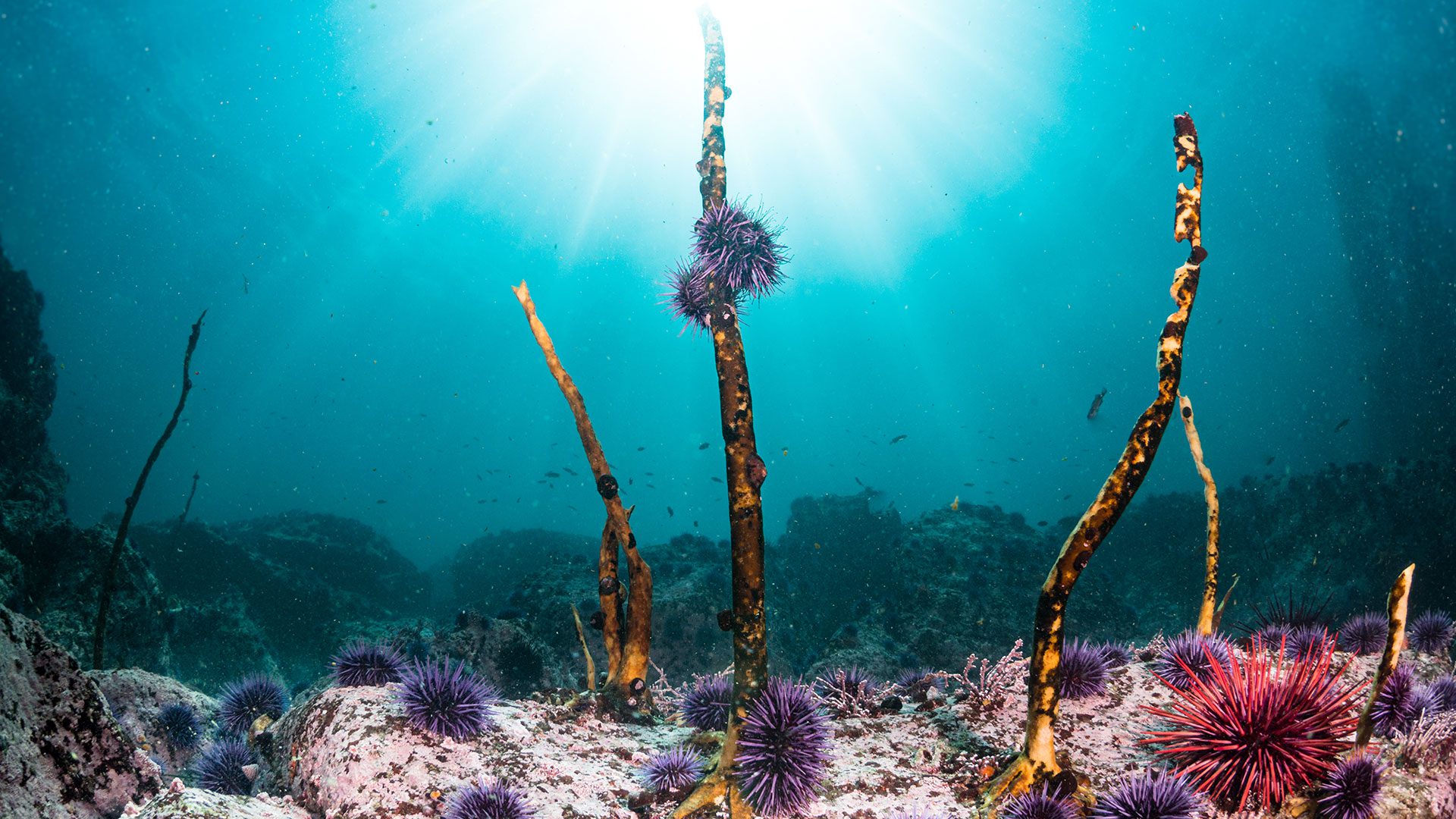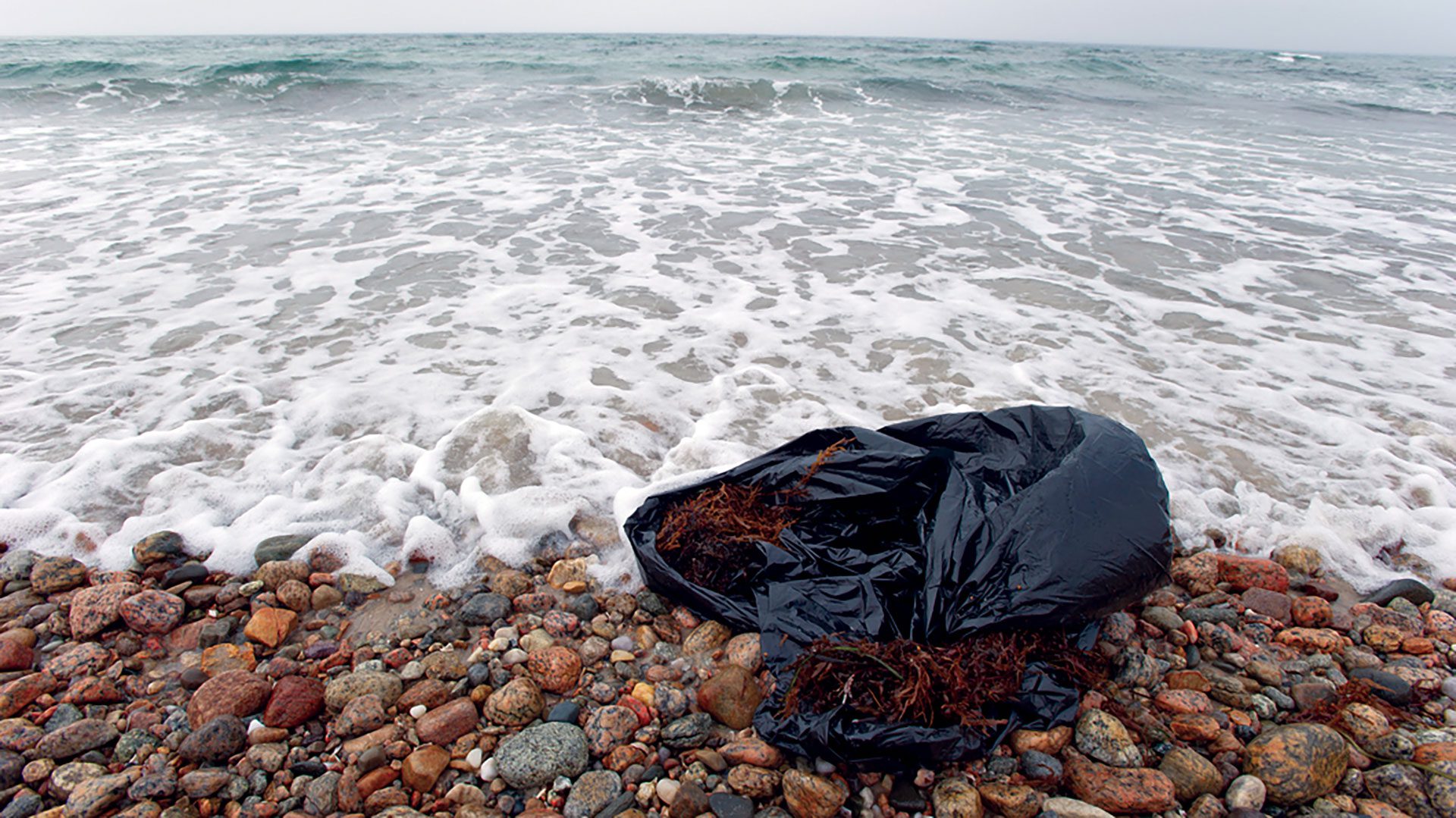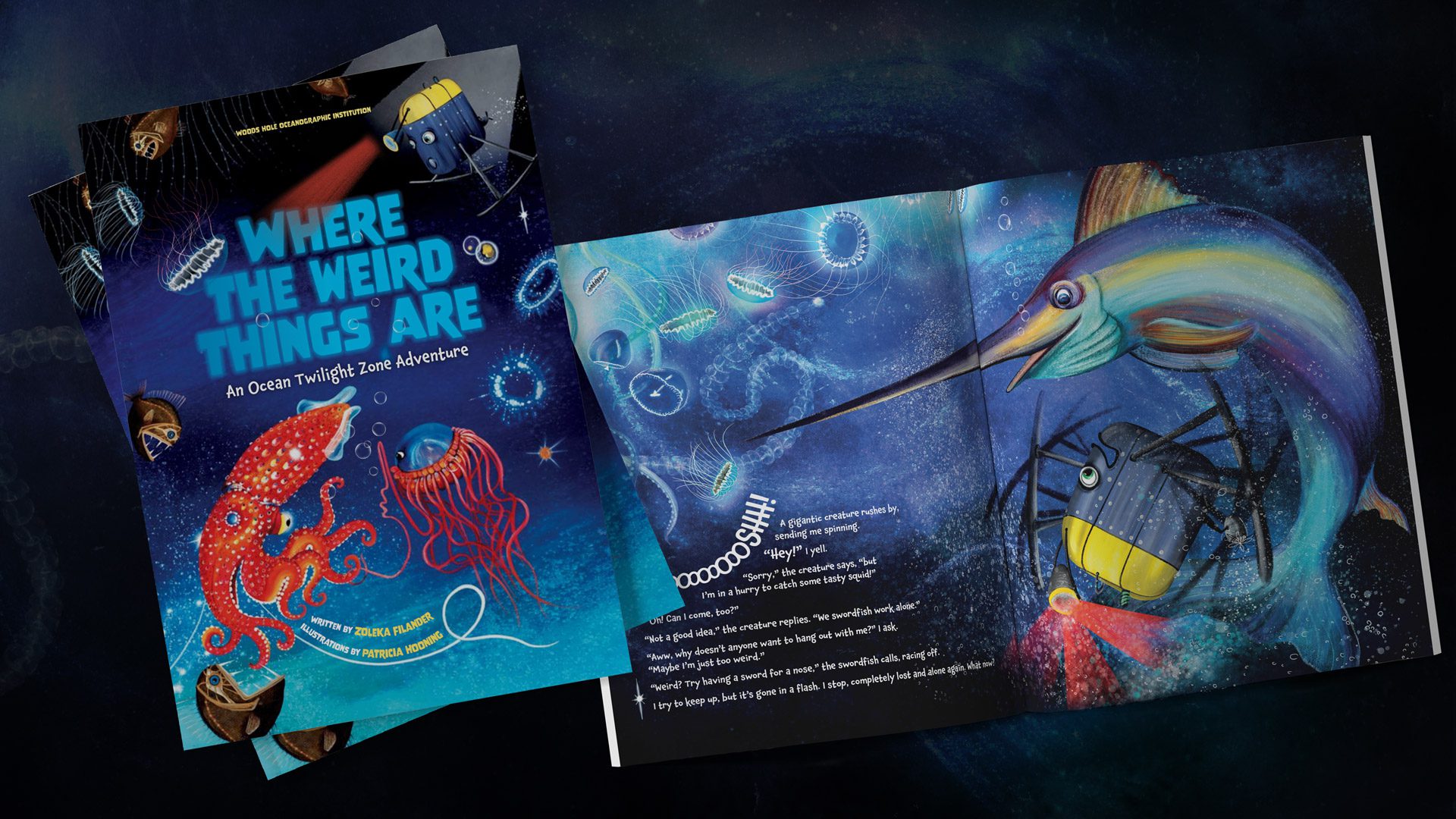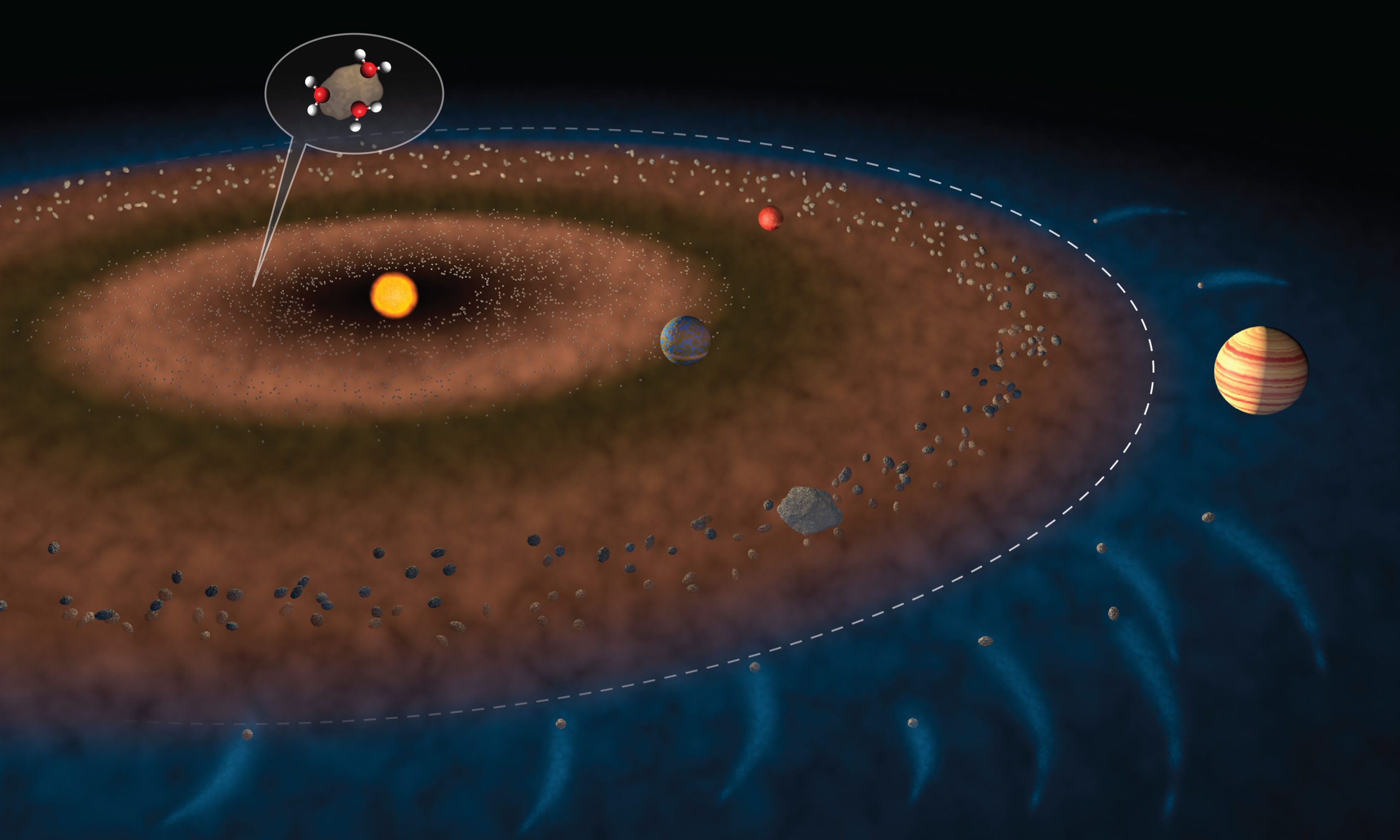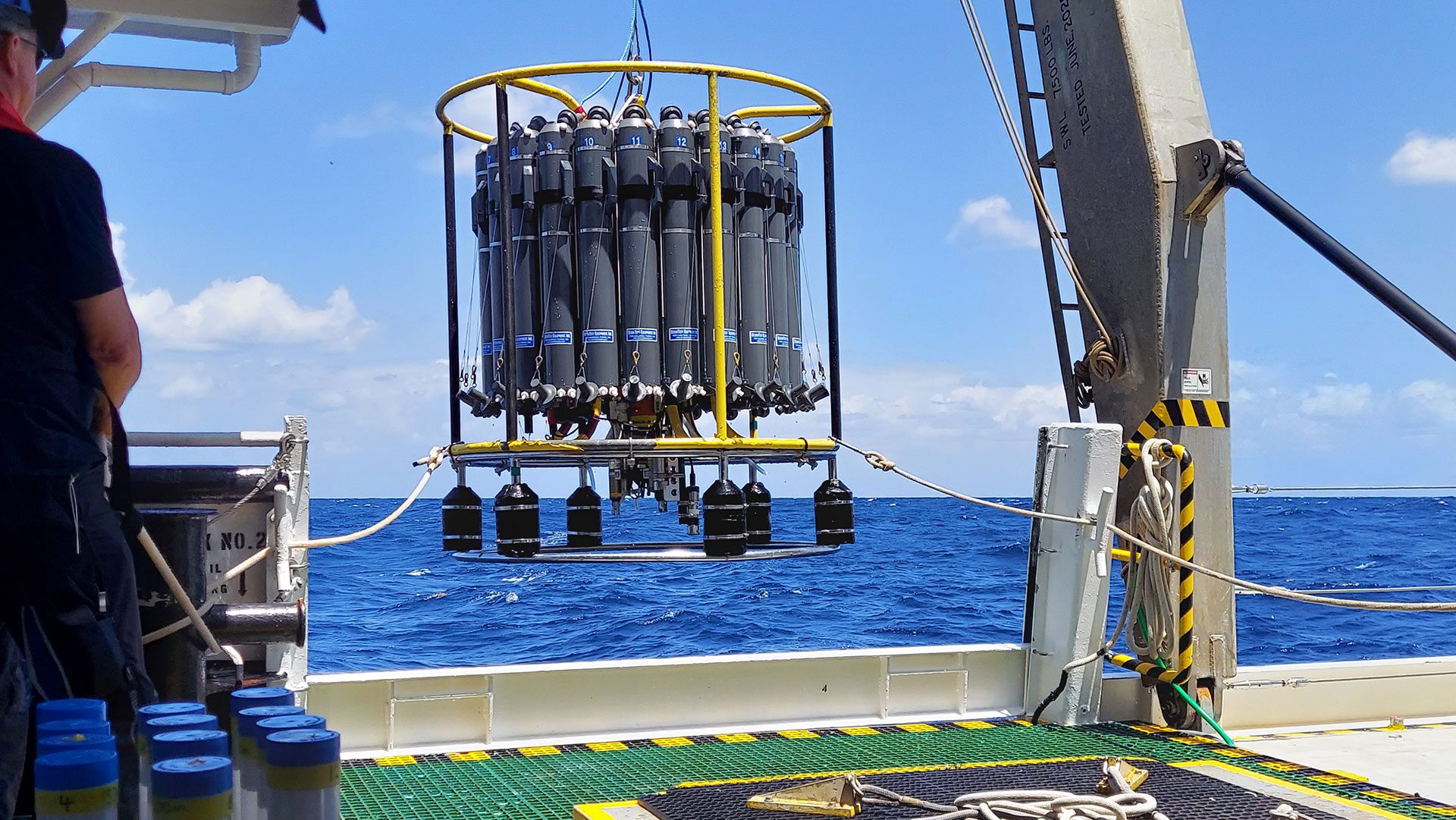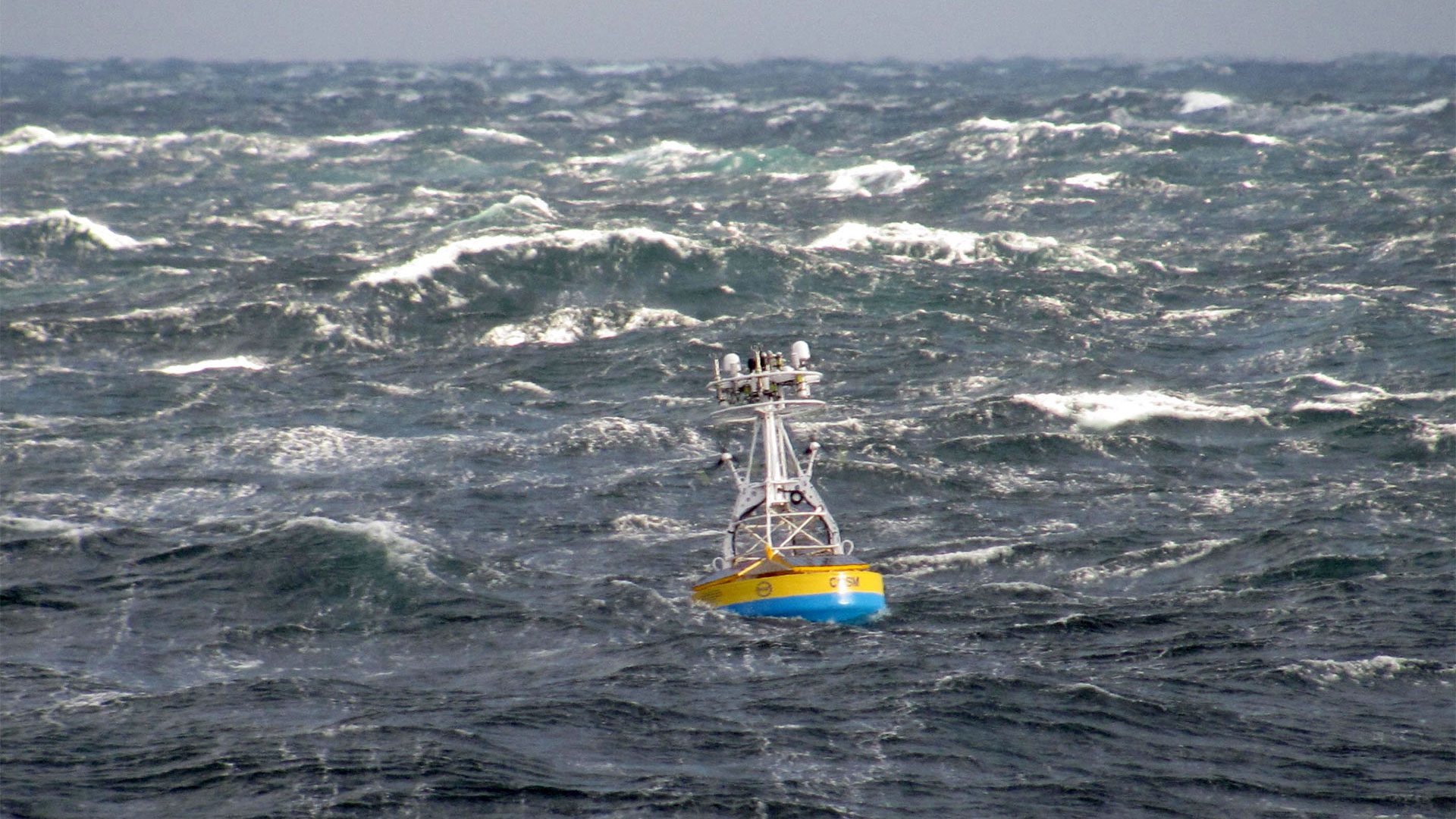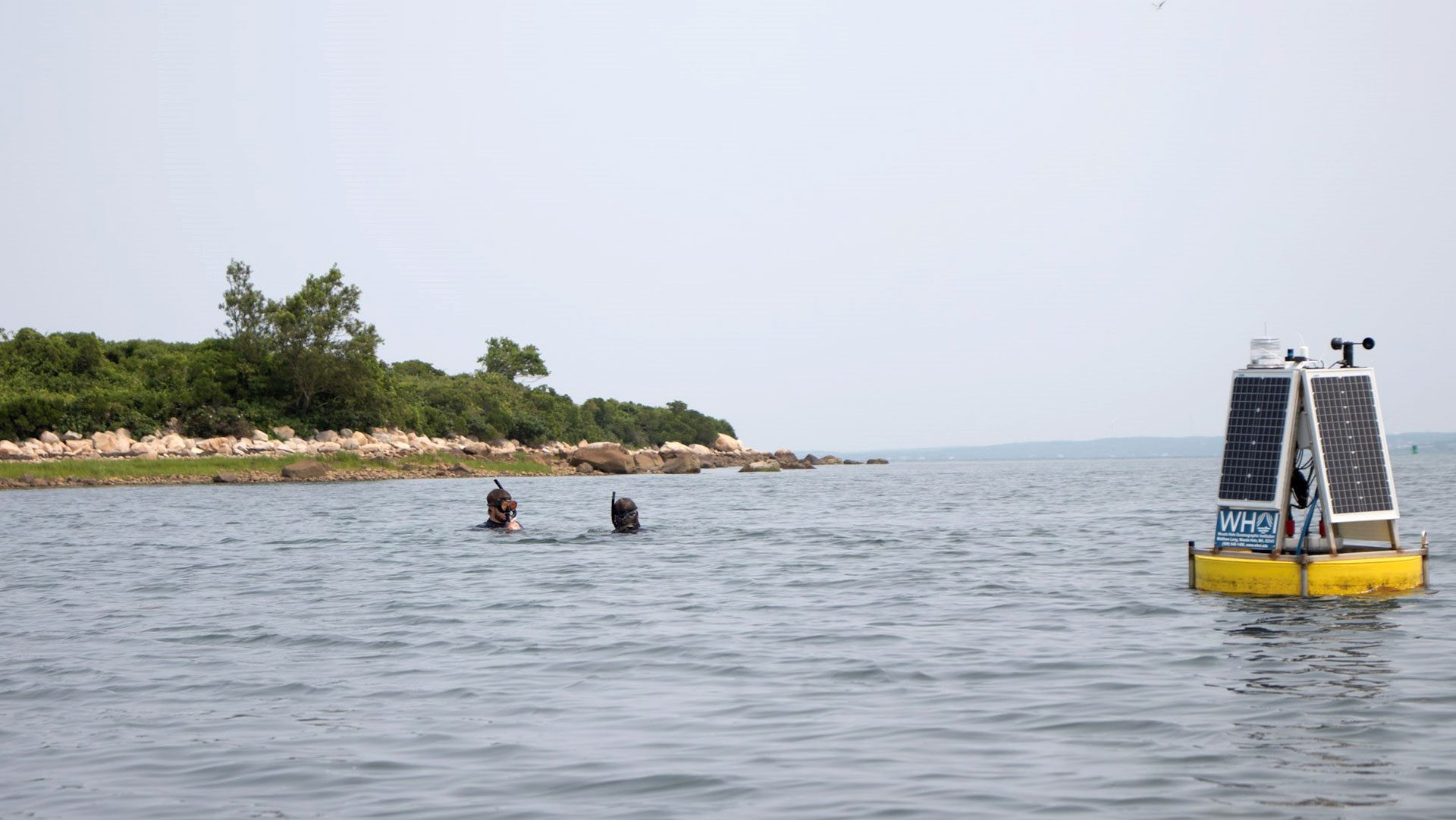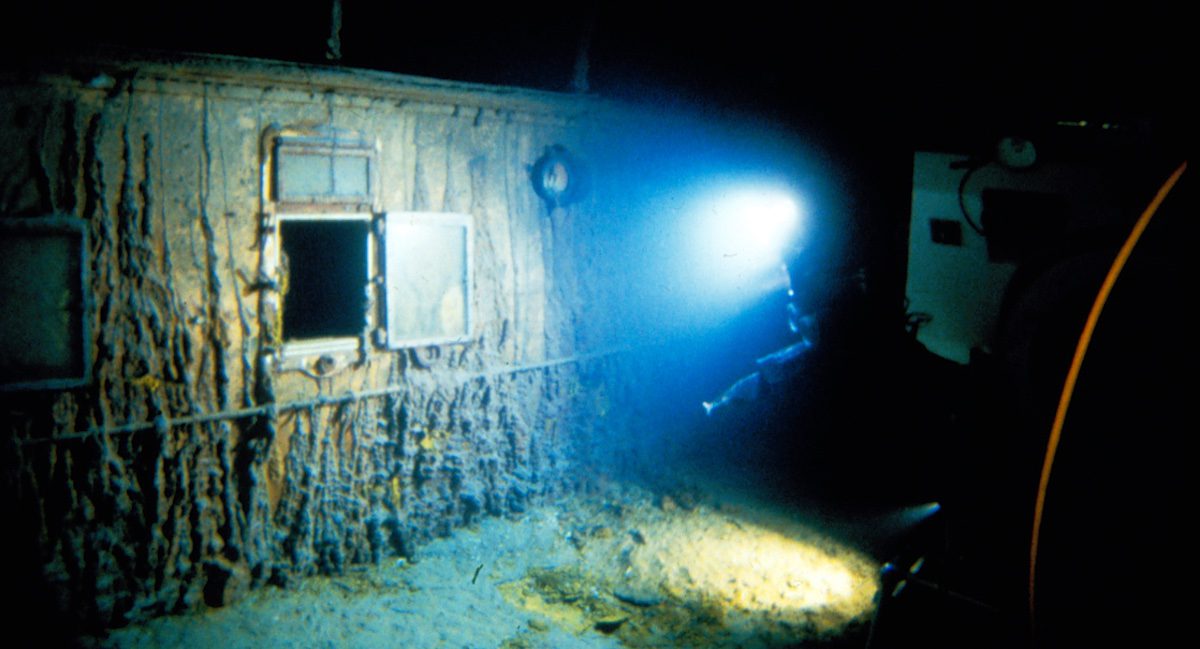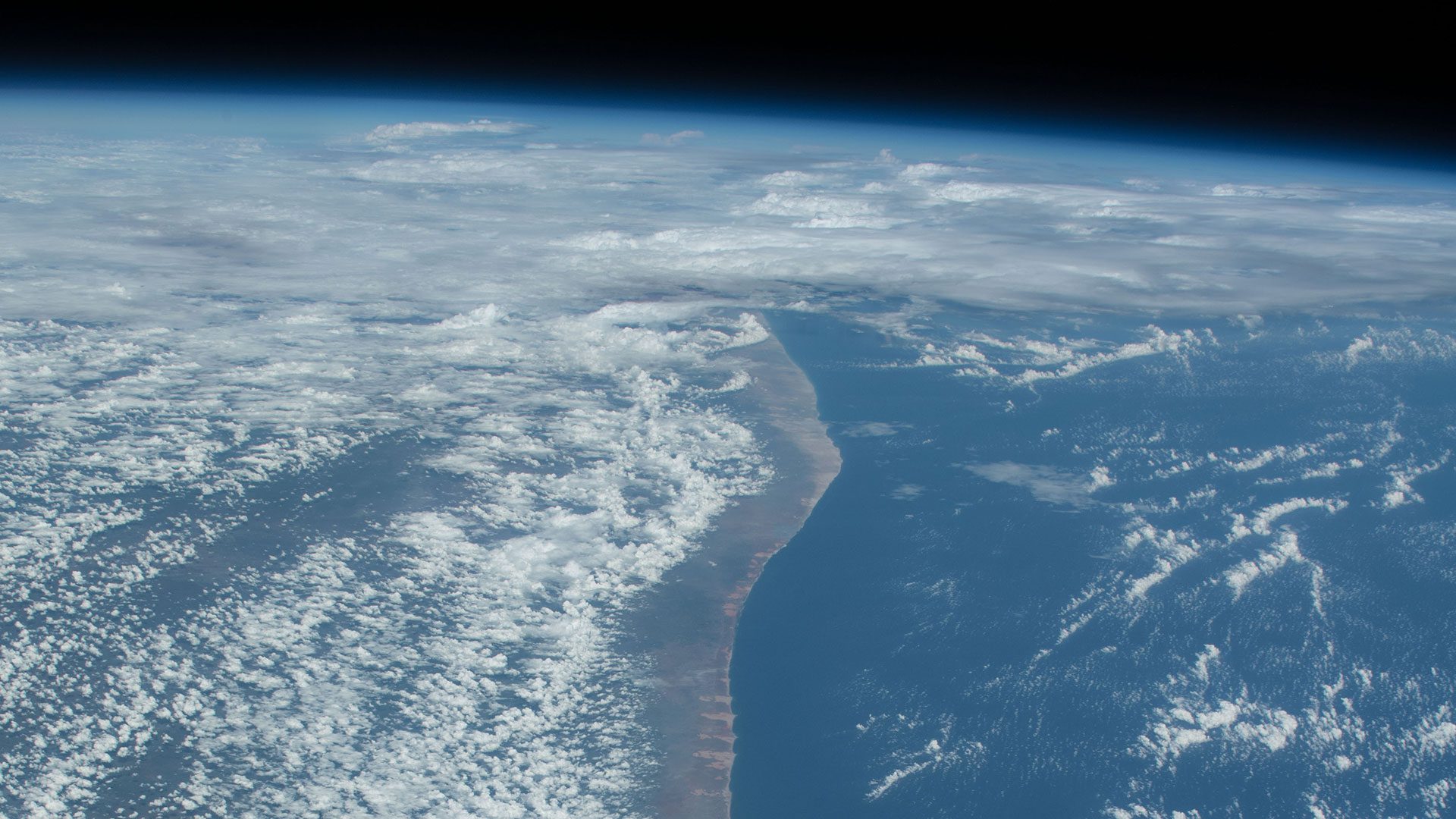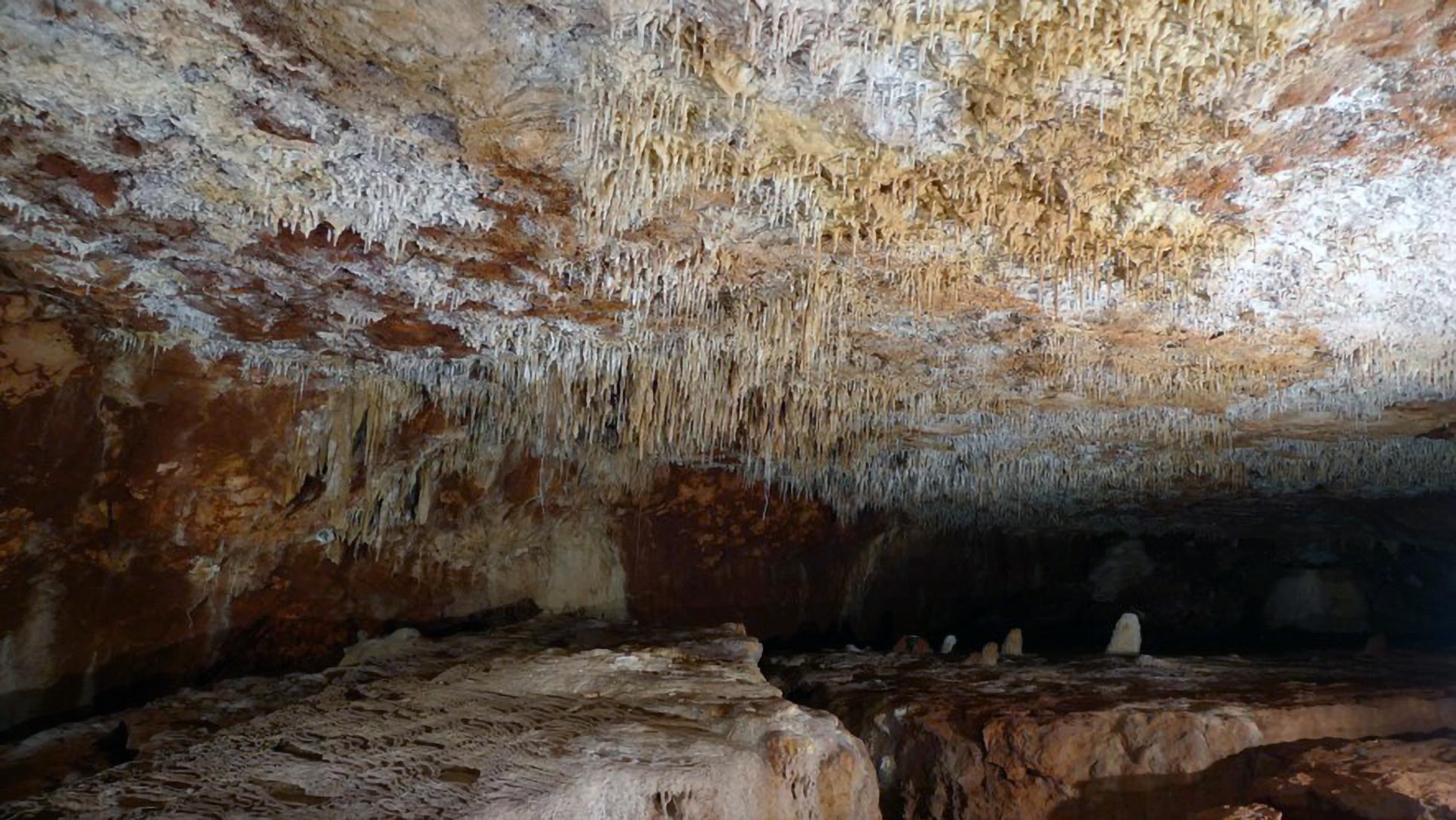News Releases
Mapping the potential path of nuclear wastewater
WHOI Sea Grant will study spreading pathways from Pilgrim Nuclear Power Station
Read MoreOleander Project Transfers to WHOI Management
30-year effort to monitor the Gulf Stream and Northwest Atlantic circulation will continue providing crucial data and insights
Read MoreWHOI Marine Chemist Shares Hard Won Advice for Communicating in the Face of Environmental Disasters
Science Communications in a Crisis: An Insider’s Guide draws on decades of experience
Read MoreAtmospheric Research Provides Clear Evidence of Human-Caused Climate Change Signal Associated with CO2 Increases
Claims that Climate Change Is Natural are Inconsistent with Atmospheric Temperature Trends
Read MoreFirst Observational Evidence of Beaufort Gyre Stabilization, Which Could be Precursor to Huge Freshwater Release
Significant ramifications including impacting the Atlantic Meridional Overturning Circulation, a key component of global climate, are possible.
Read MoreScientists Aboard R/V Atlantis Discover Deep-Sea Coral Reefs in the Galápagos
Observations using the newly upgraded human-occupied vehicle Alvin are the first of a deep-water coral reef in the Galápagos Marine Reserve.
The reefs are located at depths between 400-600 m, atop previously unmapped seamounts.
Building Blocks of Life on the Atlantis Massif
An upcoming expedition aboard the US ocean drilling ship JOIDES Resolution co-led by Susan Q. Lang, a geochemist at WHOI and director NOSAMS Facility, will attempt to shed new light on the processes that likely helped jumpstart the formation of life early in Earth’s history.
Read MoreNatural Wax Holds Promise to Replace Petroleum in Cosmetics and Personal Care Products
Woods Hole Oceanographic Institution and Western Washington University Sign License Agreement for Upwell Cosmetics to Make and Market a Marine Microalga-Derived Wax
Read MoreCINAR Names Four New Fellows in Quantitative Fisheries and Ecosystems Science
The goal of the fellowship program is to engage early-career scientists in research that supports the training and education in the he assessment and management of living marine resources in the Northeast U.S.
Read MoreToward a New Era of Reef Solutions
WHOI coral reef researchers propose a new technology-centered focus to study and conserve coral reefs
Read MoreThe Great Atlantic Sargassum Belt
Opportunistic sampling shows geographic scope of distribution, offer some of the first sampling opportunities
Read MoreWoods Hole Oceanographic Institution partners with zoological facilities to find new ways to study heart rate, respiration in wild animal populations
Baseline data collected in controlled settings offers a glimpse into how researchers might be able to use the technique to study animals in the wild
Read MoreNew study uncovers unprecedented declines in iconic kelp forests along Monterey Peninsula, with glimmers of hope in Oregon and Mexico
Woods Hole Oceanographic Institution part of collaborative team working to save kelp
Read MoreWHOI helps lead groundbreaking study on the human and ocean health impacts of ocean plastics
For the first time, leading researchers from the fields of healthcare, ocean science, and social science have collaborated to quantify plastic’s considerable risks to all life on Earth. The Minderoo-Monaco Commission on Plastics and Human Health report, released today, presents a comprehensive analysis showing plastics as a hazard at every stage of their life cycle.
Read MoreWHOI’s first children’s book “Where the Weird Things Are” now available
By Zoleka Filander and llustrated by Patricia Hooning
Where the Weird Things Are is the first children’s book from the Woods Hole Oceanographic Institution (WHOI) and is inspired by the groundbreaking work of the Ocean Twilight Zone (OTZ) project, and Mesobot, an innovative hybrid robot designed specifically to study life in the ocean twilight zone.
Where Did Earth’s Water Come From? Not Melted Meteorites, According to Scientists
WHOI is part of a collaborative study, offering new insight into the extraterrestrial origins of our lakes, rivers and oceans
Read MoreWHOI Opens 2023 SXSW Conference
WHOI joins experts from Scripps Institution of Oceanography and American Geophysical Union on ocean-based carbon dioxide removal panel
Read MoreWoods Hole Oceanographic Institution Collaborates with Boston Ballet on New Production Focusing on the Ocean
La Mer will make its world premiere on April 6
Read MoreA Better Understanding of Gas Exchange Between the Atmosphere and Ocean Can Improve Global Climate Models
If scientists can improve the way models represent physical processes such as gas exchange, they can have more confidence in future simulations.
Read MoreOcean Observatories Initiative‘s Pioneer Array Relocating to Southern Mid-Atlantic Bight
New location offers opportunities for new science observations with continued open access
Read MoreExcess Nutrients Lead to Dramatic Ecosystem Changes in Cape Cod’s Waquoit Bay
The Bay Is a harbinger for estuaries worldwide, say researchers
Read MoreWoods Hole Oceanographic Institution releases rare video footage from the first submersible dives to RMS Titanic
In the submersible Alvin, the mission was the first time humans set eyes on the wreck since it sank nearly 75 years earlier.
Read MorePaleoclimate data show land will warm more than sea
Understanding differences in land vs. sea temperatures may improve climate models, says WHOI study
Read MoreResearch reveals new links behind climate change in Australia
A team of scientists, including those from Woods Hole Oceanographic Institution (WHOI), have combined stalagmites and climate model simulations to reveal links between monsoon rains and tropical cyclones in Australia.
Read More
